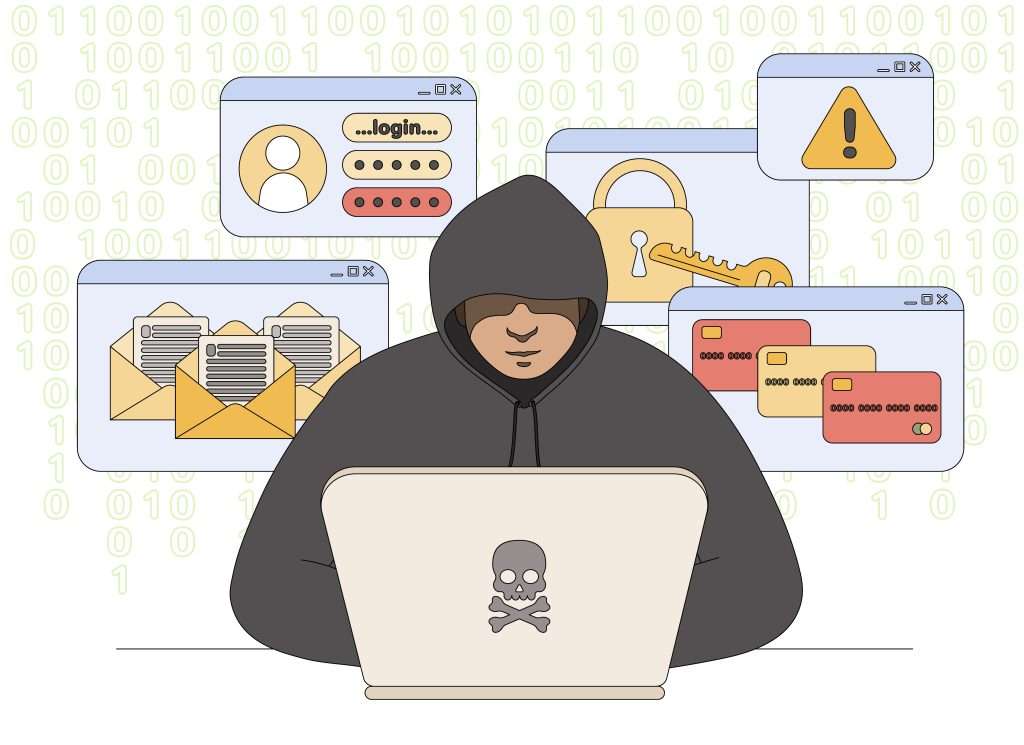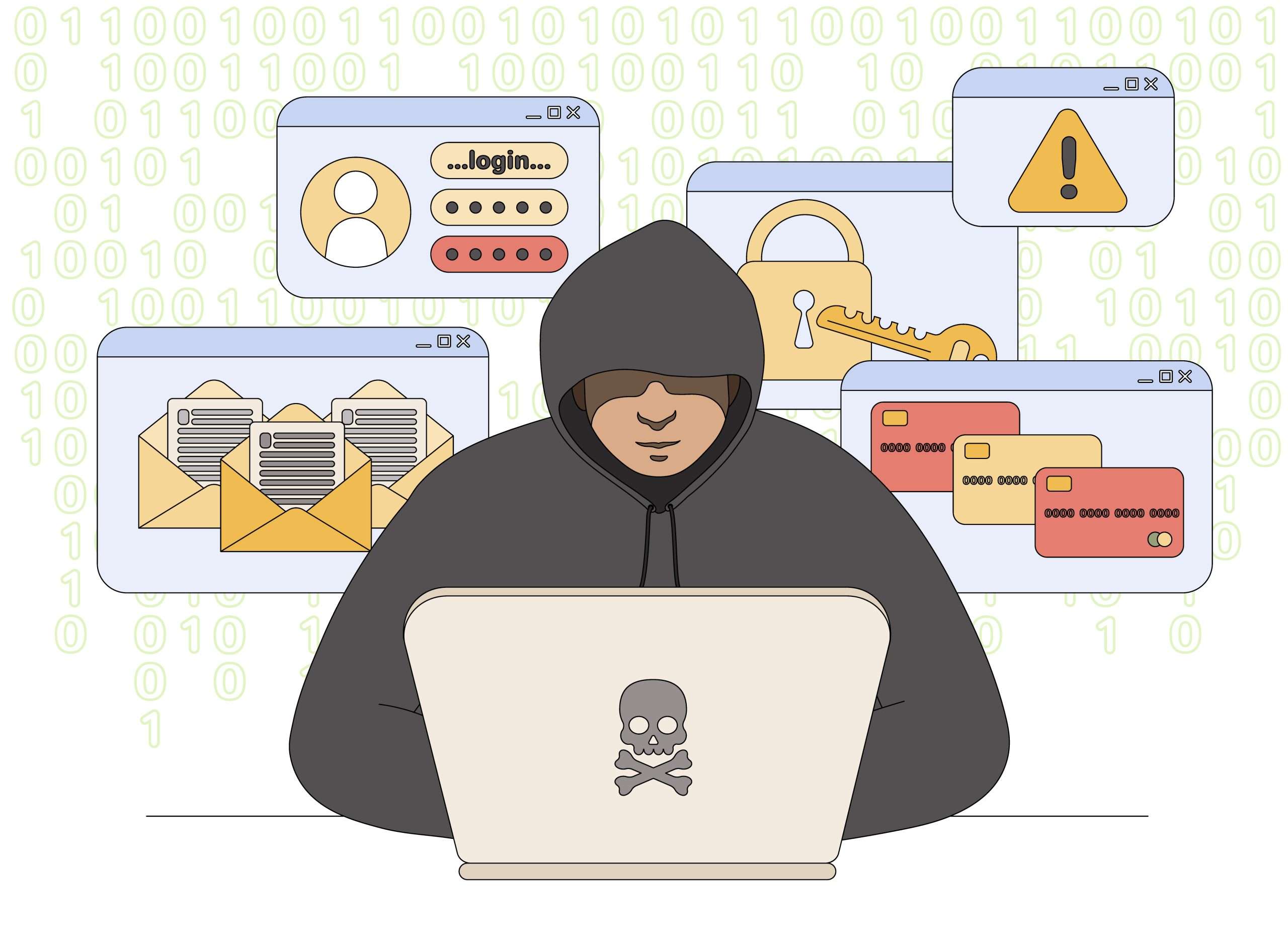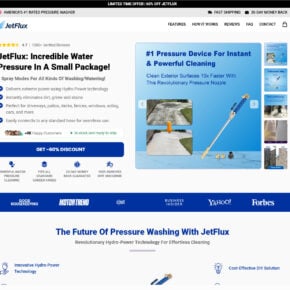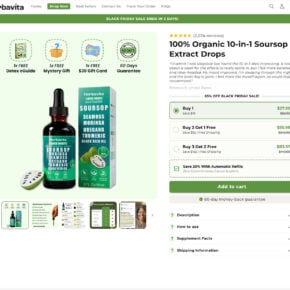In recent times, there has been a surge in scam calls from fraudsters posing as representatives from First Premier Bank’s lending services. These malicious actors contact unsuspecting individuals under the pretense of having approved loans for them or needing to confirm personal information.
This article will provide an in-depth look at this emerging scam – how it works, what the callers’ motives are, and most importantly, how to protect yourself. With fraudsters getting increasingly sophisticated in their methods, awareness and vigilance are key to avoid getting duped.

Overview of the First Premier Lending Scam
First Premier Bank is a legitimate financial institution based in South Dakota that offers a range of lending services including credit cards, personal loans, home equity loans, etc. However, scammers have begun leveraging the bank’s brand to target unsuspecting consumers through unsolicited phone calls.
The usual modus operandi is that the caller claims to be from First Premier Lending, and says the victim has been approved for a loan they never applied for. They then ask for personal information like SSN, bank account details, etc. under the pretext of processing the “approved” loan. The end goal is identity theft and cleaning out the victim’s accounts.
Some key things to note about this scam:
- Calls Are Unsolicited: Recipients never applied for a loan or gave out their info.
- Asks for Sensitive Personal/Financial Details: Callers pose as bank reps to gain access to SSNs, bank account numbers, etc.
- Uses Fake Caller IDs: Number appearing on your phone is spoofed to appear like First Premier Bank.
- Threatens Legal Action or Fines: Scammers often coerce victims by claiming failure to pay will lead to lawsuit or penalties.
- Persists Despite Rejections: Call frequency increases after turning down loan offer or refusing information.
This exploitative scam has trapped many innocent consumers already, leading to privacy violations, identity thefts, and heavy financial losses. Being able to recognize how it works can help avoid falling prey.
How the First Premier Lending Scam Works
The scammers operate with a well-planned scheme intended to mislead and manipulate. Here is a step-by-step breakdown of how the scam unfolds:
Step 1: Unsolicited Call
You receive an incoming call on your cellphone or landline from an unknown number. If you answer, the person on the other end claims to be a representative from First Premier Lending.
Alternatively, you may just miss a call that leaves a voicemail asking you to call back a “First Premier” agent about an urgent matter regarding your loan application.
Step 2: Loan Offer
The agent informs you that you have been approved for a personal loan worth thousands of dollars. This is despite you never having applied for any such loan.
The scam hinges on the assumption that people may have genuinely applied for loans in the past, so this “approval” will sound legitimate.
Step 3: Request for Personal Information
In order to process the “approved” loan, the scammer now requests confidential personal and financial information:
- Full name
- Social security number
- Date of birth
- Full home address
- Employer details
- Annual income
- Bank name and account information
They claim this data is required for identity verification and setting up direct deposit for the loan amount into your bank account.
Step 4: Pushback From Victim
Once you realize it is a scam and confront the caller, they will insist the loan application and approval is real. They leverage different manipulation tactics to try and get your info:
- Getting aggressive or threatening – stating failure to pay will lead to lawsuit or penalties
- Persisting with frequent calls – repeatedly calling despite rejections hoping to wear you down.
- Pretending to clarify misunderstandings – claiming you only need to verify identity or bank details for existing loan.
Step 5: Monetary Extortion
If you eventually yield and provide any financial information, the scammers will leverage it to directly steal money from your accounts. They may:
- Get bank account, routing number and steal funds
- Use credit card data to make fraudulent purchases
- Open new credit cards or apply for loans in your name
- Sell your information like SSN, DOB on the dark web
Step 6: Identity Theft
With personal data like SSN, full name, address etc. in hand, the scammers can assume your identity and embark on future frauds like:
- Taking over existing accounts
- Opening new accounts for purchases or securing credit
- Filing fake tax returns to claim refunds
- Providing false information on applications (loan, employment, etc.)
- Commiting crimes like drug trafficking under your stolen identity
This can severely damage your credit, finances, and reputation.
Victim Stories – Real Experiences With The First Premier Lending Scam
The most compelling proof of this scam comes directly from those targeted by fraudsters posing as First Premier Lending. Understanding real victims’ experiences can help prevent others from getting exploited.
Here are some first-hand scam call stories that have been shared:
Receiving Frequent Harassing Loan Calls
“I have been getting 10 calls a day from a man claiming to be Robert Clark from First Premier Lending, telling me I was approved for a $6,000 loan. I know for a fact I never applied for this loan. Even after telling them this, the calls won’t stop. I feel harassed by these scammers.”
This highlights the persistence of scammers despite outright rejections. Once they have your number, they will keep calling repeatedly. The key is to not answer or engage further, and block the number if possible.
Caller Threatening Legal Action
“When I told the First Premier agent I hadn’t applied for a loan, he became angry. He threatened me saying if I didn’t pay within 24 hours, they would take legal action. I got scared and almost gave in. Thankfully I realized soon enough it was a scam attempt.”
Genuine lenders never use threats or intimidation. Any mention of potential lawsuits or penalties for non-payment is a huge red flag.
Requests for Bank Account Access
“I received a call saying I was pre-approved for a First Premier loan. When I asked how I could get the loan amount, they kept pushing for my bank login details saying they needed to verify my account for the funds transfer. That’s when I knew something fishy was going on and hung up.”
Scammers may claim they need account access for a direct deposit. In reality, they want to steal funds or use account info for future frauds. Never share login credentials with unverified callers.
Call From Fake First Premier Number
“The First Premier scammer called from the phone number 800-987-5501. I searched online later and found the real First Premier number is nothing like that. These crooks are able to disguise their caller ID.”
Spoofing official-looking phone numbers is a common tactic. Verify numbers independently through trusted sources rather than trusting caller ID alone.
Near Victimization Experience
“I was out of work and got swayed when First Premier called saying I was approved for a $1500 loan. I almost gave them my SSN and bank details just to get some cash. Thank god my spouse overheard and stopped me from making a mistake. It could have destroyed my financial life.”
Scammers exploit vulnerable times when people desperately need money. Resist the urge to grab offers that sound too good to be true, as it will end up costing you way more.
These first-hand experiences show just how convincing the scam calls can be. Stay vigilant and protect your sensitive data at all costs. Knowing the red flags and likely scenarios is key to avoiding being manipulated. Don’t become another victim story – spread awareness to help put an end to this fraud.
What To Do If You Have Fallen Victim
If you have unfortunately been deceived by the First Premier scam and compromised personal information, urgent action must be taken to contain the damage:
Step 1: Contact your bank and credit bureaus
- Inform bank about compromised account information and monitor for unauthorized charges. Consider changing account numbers.
- Contact credit reporting agencies like Equifax, Experian and TransUnion to place fraud alert on your name and SSN. This makes it harder for scammers to open new accounts.
Step 2: Change online account passwords
- Update passwords for email, social media and financial/retail accounts immediately. Use unique complex passwords for each site. Enable two-factor authentication where possible.
Step 3: Place security freeze on credit reports
- Request the credit agencies to put a security freeze on your credit file. This blocks new credit applications without a special PIN.
Step 4: File identity theft report
- Submit identity theft reports to the FTC and your local police department. Provide copies to banks as proof of ongoing fraud.
Step 5: Scan documents regularly
- Carefully monitor bank statements, credit card bills, and credit reports for any suspicious activity indicating misuse of your identity.
Step 6: Be vigilant about information sharing
- Avoid divulging SSN, bank details etc. to any unverified caller or source. Shred documents with personal data before disposal.
Frequently Asked Questions About the First Premier Lending Scam
1. What is the First Premier lending scam?
The First Premier lending scam involves fraudsters contacting people unsolicited under the pretense of being from First Premier Bank’s lending department. They claim you have been approved for a loan you never applied for, and insist on getting personal information to supposedly process the loan approval. Their real intent is to steal identities and money.
2. How do scammers get your contact information?
Scammers likely obtain your phone number through:
- Online sources like people search sites that collect public data
- Third party lead generation sites that sell consumer data
- Public posts on social media profiles
- Prior data breaches where your info was compromised
- Random auto-dialing numerous combinations of numbers
3. What are some red flags of the First Premier lending scam?
Major red flags include:
- You receive a loan approval out of the blue for a loan you never applied for
- Request for personal information like SSN, bank details before providing the “approved” loan
- Threats of penalties or legal action if you do not comply or pay fees
- Caller ID appears to be First Premier Bank but is not their real number
- Repeat calls professing urgent need for your personal information
4. What tactics do scammers use during calls?
Common manipulation tactics include:
- Claiming you only need to verify identity for an existing approved loan
- Pretending the loan application was done on your behalf by someone else
- Getting aggressive if you don’t comply with information requests
- Persisting with frequent calls from different numbers
5. What should you do if the First Premier lending scam calls you?
If you get a suspicious call:
- Do not provide any personal or financial information
- Hang up immediately
- Block the number if possible
- Report the scam call to authorities
- Contact First Premier to verify if it was really them
Avoid answering follow up calls as it flags you as a potential target.
6. How can you report the First Premier Bank scam calls?
To help expose scammers, report details to:
- First Premier Bank – Phone or email
- The Federal Trade Commission – Online, phone or email
- Your local law enforcement – File police report
- FCC to report caller ID spoofing
- Warn contacts on social media to spread awareness
7. How can you protect yourself from the scam calls?
Protect yourself by:
- Never sharing personal or financial data with unsolicited callers
- Independently looking up company numbers
- Not falling for pre-approved loan offers from unknown sources
- Using call blocking apps and software to stop scammers
- Monitoring credit reports and bank accounts closely after any breach
8. What should you do if you already shared information with scammers?
If compromised, immediately:
- Contact bank and credit bureaus
- Change online account passwords
- Place security freeze on credit reports
- File an identity theft report with FTC
- Closely scan statements and reports for fraudulent activity
9. Could this scam impact your credit score?
Yes, this scam can badly damage your credit if the crooks use your information to:
- Open new fraudulent credit cards or loans in your name
- Max out the limits on your existing credit cards
- Default on payments for any newly opened accounts
- Commit identity theft which devastates your credit history
10. How can you get help if you lost money in this scam?
If you lost money, immediately file a complaint with:
- Your State Attorney General’s office
- Federal Trade Commission
- FBI’s Internet Crime Complaint Center
- U.S. Secret Service
Also notify your bank and card issuer. Hiring a lawyer can help navigate recovery and lawsuits.
Be vigilant and stay safe from predatory First Premier lending scam calls!
The Bottom Line
The First Premier lending scam is running rampant, so consumers must exercise caution when getting unsolicited calls about loan approvals. Never provide confidential information to any unknown caller.
Legitimate lenders will never call and ask for your Social Security number or account information upfront. If in doubt, independently contact the company in question to verify the caller’s claims.
Being aware of the typical scam flow is key – the questionable loan approval out of the blue, insistence on getting personal/financial data, persistence and threats when met with resistance.
Knowing these red flags can help avoid being manipulated into giving up information that can be used to steal your money or hijack your identity. At the first sign of suspicious behavior, hang up and report the call.
Protecting yourself from fraud begins with vigilance. Make others aware of this insidious scam, stay alert about sharing personal information, and take prompt action if compromised. This can help curb the impact of this malicious activity exploiting First Premier Lending’s name.





